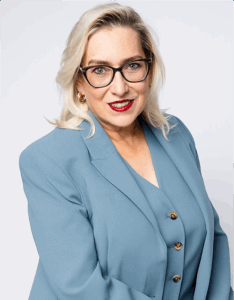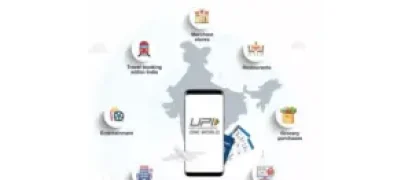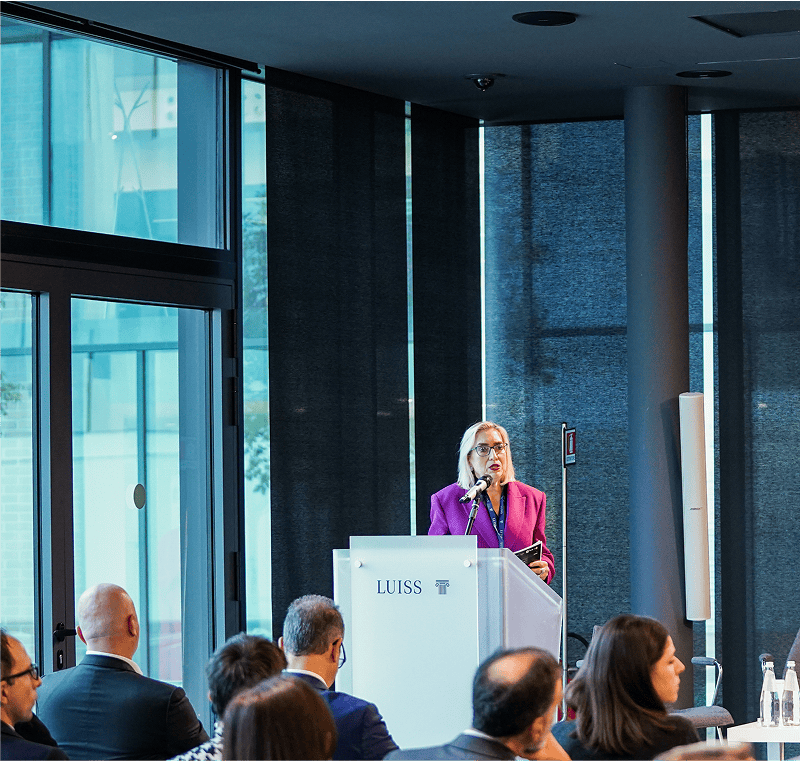By Claudia Segre
Founder and President Global Thinking Foundation
- What is Human Capital and how do Life Skills help us cope with life?
Human capital, meanwhile, is apparently an oxymoron, i.e. the combination of two contradictory words that compare a materialistic vision linked to the quantification and economic value of goods with the construction of a personal, non-predictive life path, which is closely linked to the construction of a store of ‘life skills’ that is stable and constantly growing. Life skills, which are now better known as soft skills, were already well established in humanistic and scientific studies thirty years ago, so much so that in 1993 the World Health Organisation (WHO) Department of Mental Health used the term life skills for the first time to refer to the set of social, cognitive and personal skills that enable us to positively cope with the demands and challenges of everyday life. And they help us cope with life because they grow with us and are nurtured by our successes and failures, but unlike hard skills, they are skills that are available to everyone and for everyone and can therefore be learned and are even taught widely nowadays.
2. Why can acquiring these skills be a turning point for society?
We can understand this from the successful examples of Life Skills learning and teaching that have improved the fabric of societies in Northern European and even Anglo-Saxon countries to some extent. Starting with Denmark, where the teaching of empathy has been compulsory in schools for over 20 years. All students aged 6 to 16 participate weekly in Klassens tid: the hour of empathy, and this is considered one of the factors contributing to the country’s happiness, in fact it is second after Finland in the World Happiness Report. Empathy helps build relationships, prevent bullying and succeed at work. It promotes the growth of leaders, businesspeople and managers. It is no coincidence that Denmark ranks high in quality of work, as well as quality of life, throughout Europe.
Similarly, a great deal of work is done on the ability to communicate, both thoughts and emotions, states of mind, in an effective, respectful and never violent manner in the Anglo-Saxon countries, with public speaking being taught as part of the curriculum, and in many English and American countries the use of the theatre is used to develop versatility and identify tools to deal with the various situations in life. In short, it starts at school which is – and can increasingly be – an ideal environment for teaching life skills because it plays an important role in socialising processes.
3. Digitalisation has abruptly changed people’s lives but now we need to take the next step. How can we transform the cultural paradigm and evolve towards a 5.0, human-centred and resilient society?
I have always been very interested in Japanese politics and the ability of the social and cultural model to evolve in Japan, which started its studies on the measurement of women’s politics, with womenomics, from the late 1980s to the theorisation of society 5.0, with Prof. Yuko Harayama. Going back there a few months ago for the W7/G7 and talking to young people allowed me to better understand the scope of the 5.0 society model, which in my opinion is first and foremost a cultural paradigm. If Enterprise/Society 4.0 is synonymous with the fourth industrial revolution, the one based on the Internet of Things and real-time data communication, for a ubiquitous factory, physical and virtual at the same time, focused on enabling technologies, hence on efficiency and productivity. With Society 5.0, we need to focus on people and the environment, on quality of life and sustainability, certainly with the support of Industry 4.0 technologies, but starting from a changed relationship between man and robot. We can build a society that seeks to balance economic development with the resolution of socio-environmental problems, in which technologies are used not only for profit, but to improve the quality of life of each citizen. The quality of life of each individual, respecting their gender, their preferences, and all kinds of ‘diversity’.This is an epochal passage, but above all urgent for the salvation of the only social environment we have, Planet Earth.
4. Your commitment to the gender gap related to financial education is well known: knowing about money enables women to make better decisions in terms of career, self-esteem and life choices. What path should our society follow to change educational standards and nurture social inclusion?
For a society to be truly inclusive it needs to be humanocentric, sustainable and resilient, and it needs people increasingly capable of lateral thinking, creativity, critical thinking, anticipatory thinking, cognitive flexibility and empathy. People who are open, inclusive, capable of imagining, intuiting, feeling and not just thinking. People whose driving emotions are curiosity, joy, trust and not fear or anger. Thus, life skills go hand in hand with the other essential skills for a 5.0 perspective, digital skills and economic and financial skills.
The point I would like to make is that between life skills and technical skills, such as digital skills and economic and financial skills, there is, in my opinion, no ‘fight’. We have to get out of the dichotomous paradigm: on the one hand emotions and feelings, ‘human touch’, on the other artificial intelligence. For all of us to be capable of this, a crucial action is the profound transformation of the school system and the business system, in the very concept of work.
Schools, at every level from primary to university, have a central role in my view. But then businesses by embracing sustainability wholeheartedly and governments by activating for laws consistent with digital and environmental transformation must play their part. A human-centred, sustainable and resilient society is one that we will all be able to build together. It is up to each and every one of us, together, to take care of it: it is our common responsibility. Only we, together, can decide on our future, breaking down the walls – perceptual, cultural, social – that often prevent us from really talking to each other. We are bearers of cultural change, we have a duty to be so, and we have a duty to grow and evolve on these values.
To take back a world that is healthy, wholesome and full of opportunities, a world that we build with our person, our strength, our awareness, we must avoid imitating a virtual or ‘social model of false infuencer’ that does not belong to us and does not evolve, and is weak because it is an end in itself, without perspective.
We must therefore give meaning to living and to our human capital, to our being bearers of change with a deep-rooted and far-sighted social responsibility.











